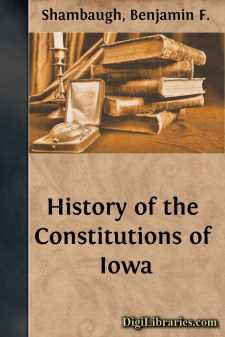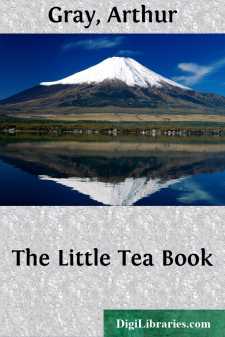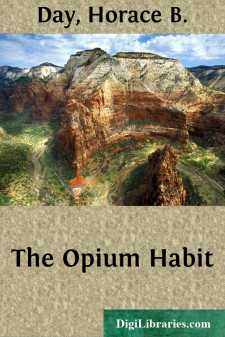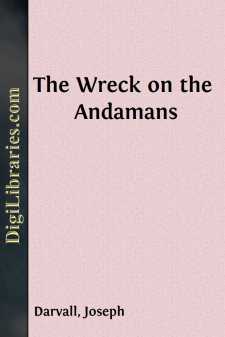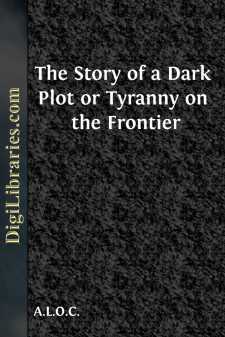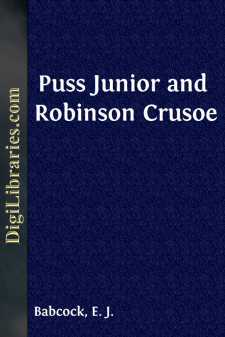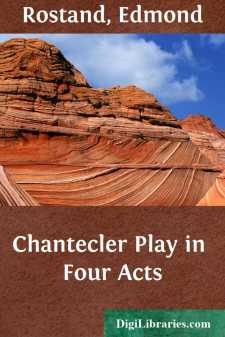Categories
- Antiques & Collectibles 13
- Architecture 36
- Art 48
- Bibles 22
- Biography & Autobiography 815
- Body, Mind & Spirit 144
- Business & Economics 28
- Children's Books 18
- Children's Fiction 14
- Computers 4
- Cooking 94
- Crafts & Hobbies 4
- Drama 346
- Education 58
- Family & Relationships 59
- Fiction 11835
- Games 19
- Gardening 17
- Health & Fitness 34
- History 1378
- House & Home 1
- Humor 147
- Juvenile Fiction 1873
- Juvenile Nonfiction 202
- Language Arts & Disciplines 89
- Law 16
- Literary Collections 686
- Literary Criticism 179
- Mathematics 13
- Medical 41
- Music 40
- Nature 180
- Non-Classifiable 1768
- Performing Arts 7
- Periodicals 1453
- Philosophy 65
- Photography 2
- Poetry 896
- Political Science 203
- Psychology 44
- Reference 154
- Religion 515
- Science 126
- Self-Help 85
- Social Science 83
- Sports & Recreation 34
- Study Aids 3
- Technology & Engineering 60
- Transportation 23
- Travel 463
- True Crime 29
Our website is made possible by displaying online advertisements to our visitors.
Please consider supporting us by disabling your ad blocker.
History of the Constitutions of Iowa
Description:
Excerpt
I
INTRODUCTION
Three score years and ten after the declaration went forth from Independence Hall that "all men are created equal," and fifteen years before the great struggle that was to test whether a nation dedicated to that proposition can long endure, Iowa, "the only free child of the Missouri Compromise," was admitted into the Union on an equal footing with the original States.
Profoundly significant in our political evolution are events such as these. They are milestones in the progressive history of American Democracy.
To search out the origin, to note the progress, to point to the causes, and to declare the results of this marvelous popular political development in the New World has been the ambition of our historians. Nay more, the "American experiment" has interested the talent of Europe; and our political literature is already enriched by De Tocqueville's "Democracy in America," by von Holst's "Constitutional and Political History of the United States," and by Bryce's "American Commonwealth." Ever since its adoption the Constitution of the "Fathers" has been the most popular text-book of constitution drafters the world over.
At the same time it is strangely true that the real meaning, the philosophical import, of this interesting political drama has scarcely anywhere been more than suggested. A closer view reveals the fact that all of the documents themselves have not yet been edited, nor the narrative fully told. At present there is not a chapter of our history that is wholly written, though the manuscript is worn with erasures.
To be sure, Bancroft has written exhaustively of the Colonies; Fiske has illuminated the Revolution and portrayed the "Critical Period;" Frothingham has narrated the "Rise of the Republic;" Parkman has vividly pictured events in the Northwest; McMaster has depicted the life of the people; von Holst has emphasized the importance of slavery; Rhodes has outlined more recent events; and a host of others have added paragraphs, chapters, monographs, and volumes to the fascinating story of the birth and development of a Democratic Nation. But where are the classics of our local history? Who are the historians of the Commonwealths?
These questions reveal great gaps in our historical literature on the side of the Commonwealths. Nor have the omissions passed unnoticed. Bryce likens the history of the Commonwealths to "a primeval forest, where the vegetation is rank and through which scarcely a trail has been cut." And yet it is clearly evident that before the real import of American Democracy can be divined the forest must be explored and the underbrush cleared away.
This is not a plea for localism or particularism. On the contrary, it suggests the possibility of a broader view of our National life. It points to the source of our political ideals. For nothing is more misleading than the inference that the life of our people is summed up in the Census Reports, the Journals of Congress, and the Archives of the Departments at Washington....


